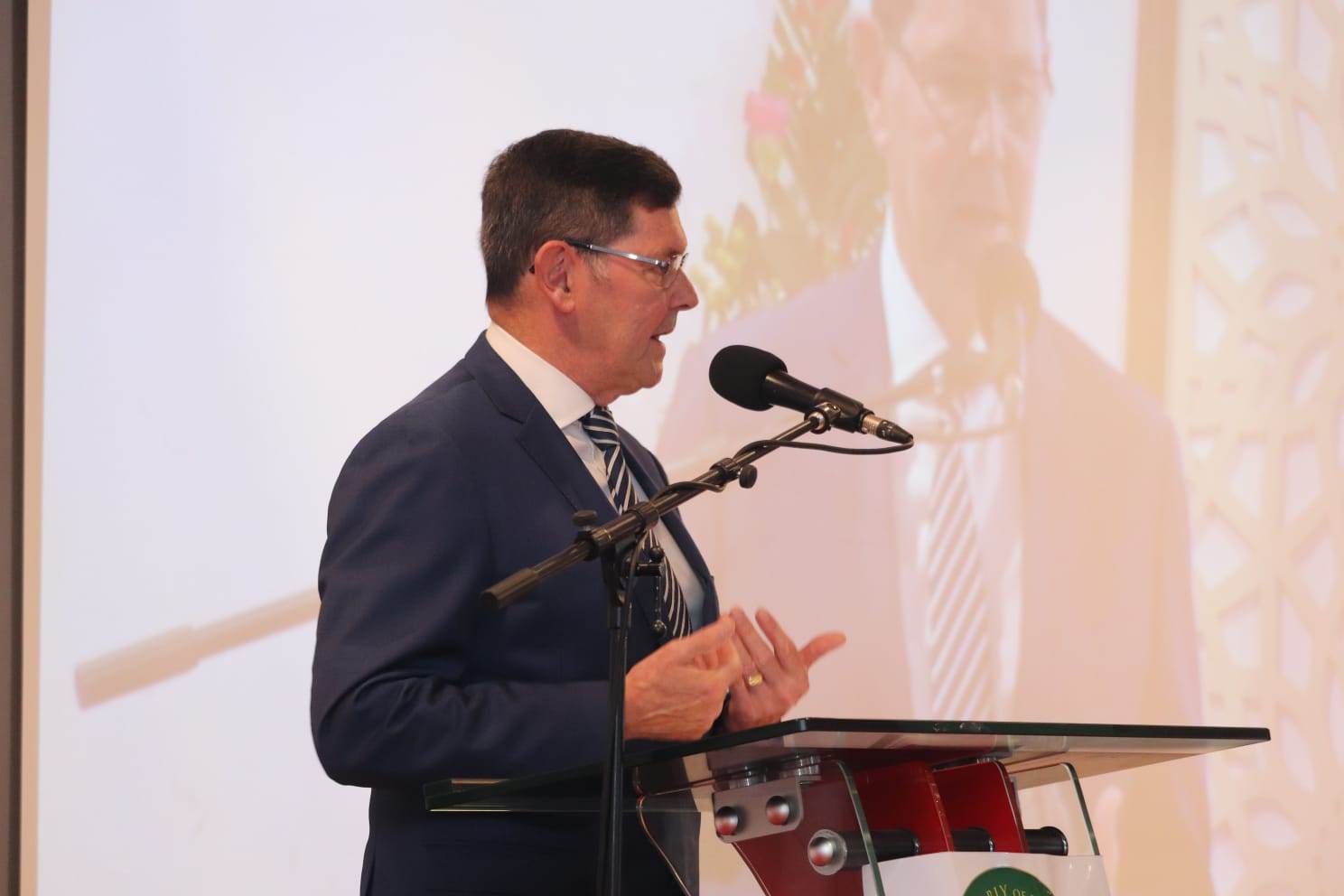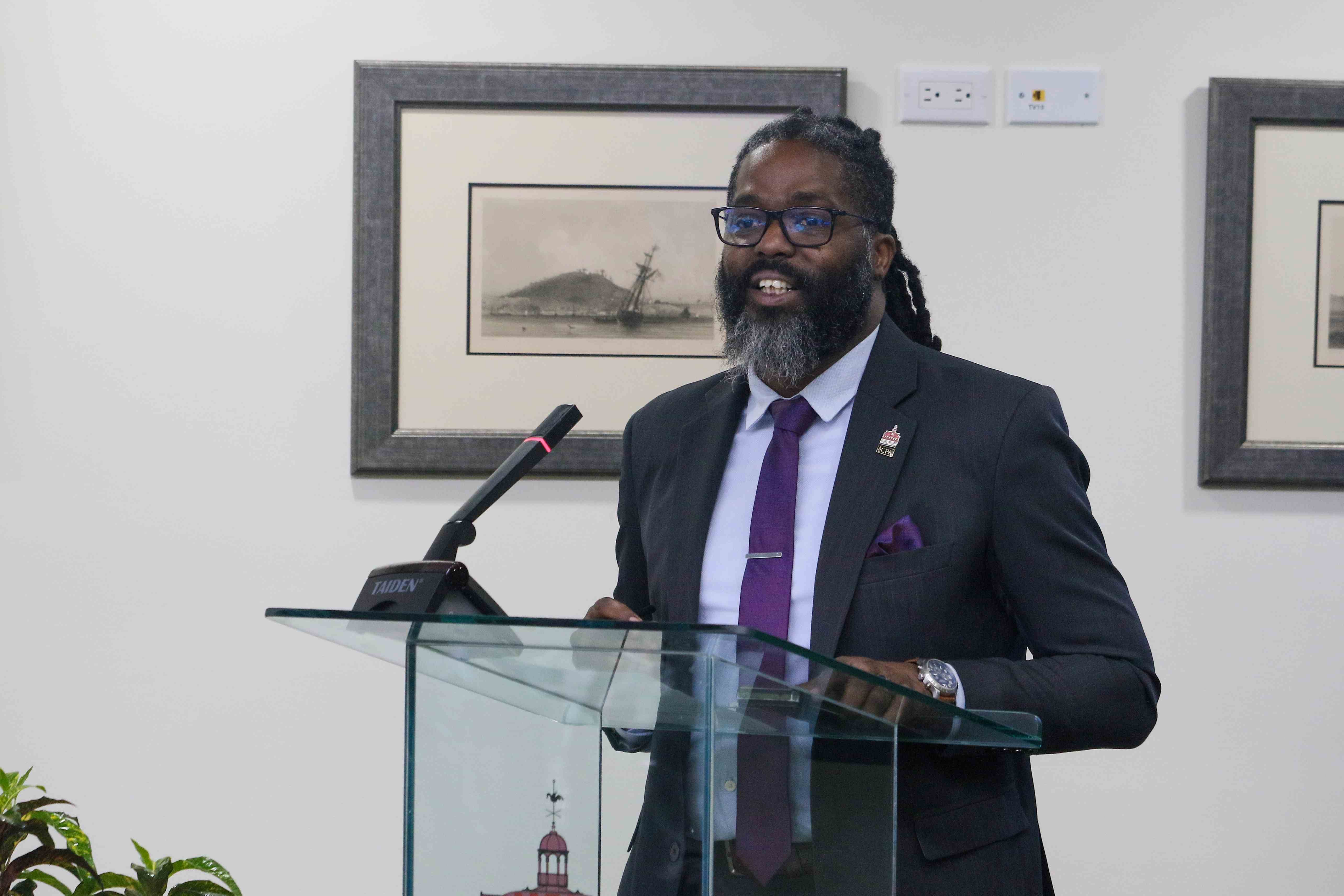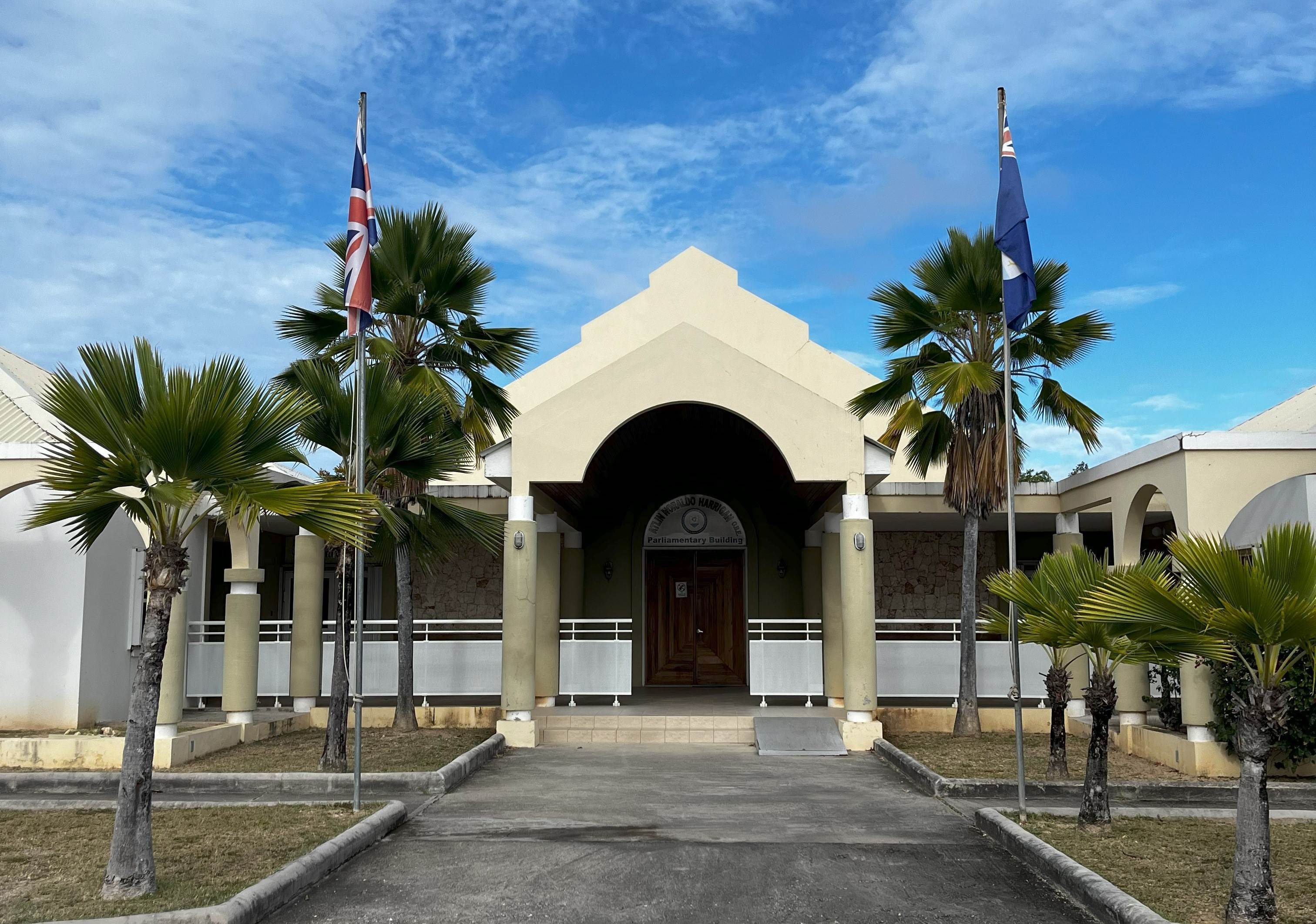
5 things I wish someone told me when I was first elected to Parliament – by one of Australia’s longest serving MPs
Hon. Kevin Andrews served in the Australian House of Representatives from 1991 - 2022. He held various Cabinet and ministerial positions, including Minister for Social Services and Minister for Defence. He also chaired and served on many Parliamentary Committees. He was the Father of the House (2016-22) and Father of the Parliament (2019-22).
This article is adapted from a presentation Hon. Andrews gave to new and returning Members of the National Assembly of Kenya at a Post-Election Seminar in Mombasa, Kenya, in January 2023. The seminar was co-hosted by the Parliament of Kenya and the Commonwealth Parliamentary Association.
1. Take a constituency first approach to decision-making
We have an expression in Australia that ‘there are no votes in Canberra’. In other words, the people who elect you reside in your constituency: you are their representative. You should be concerned primarily with their voice in Parliament, not Parliament’s voice in your constituency.
Of course, you have to convey - often argue for - the position taken by your party once collective decisions have been made, but your primary role is to advocate on behalf of your constituents’ interests. Don't be enticed by the views of the media or others who do not necessarily share the views of the people that you represent.
To make decisions on their behalf, you need to know your electorate and the challenges that your constituents face. Electorates vary across the country. People in different parts of the country, from different backgrounds, have different problems which you need to take to the national Parliament. Understanding, remembering and keeping on top of these constituency issues is important for any effective Member of Parliament.
2. Have patience and work collaboratively with colleagues
Any parliamentary achievement requires patience and cooperation with other Members of Parliament.
Here is an example from my own background. One of my motivations for standing for Parliament was to improve the range of support services for families, particularly families with children, which I believed in the early 1990s wasn't being attended to in the way in which it should. I advocated for a series of measures in my party, in Parliament and indeed in the public, but for many years I achieved very little other than some rhetorical support from my colleagues.
It was only when I became Chairperson of the relevant Parliamentary Committee that I was able to convince the then Minister to task us with an inquiry into the issues I was concerned about. I then worked with colleagues across all parties on the Committee to produce a unanimous report and recommendations. The government of the time accepted the recommendations and implemented some, but not all, of them.
It was only when I became the Minister for Social Services, 23 years after I was first elected to Parliament – that I was able to implement some of the other recommendations. My tale is this: perseverance, persistence and cooperating with other Members of Parliament is the key to success but it is often painstaking work which takes a long period of time.
3. Choose an area of policy expertise – and do your homework on it
As Members of Parliament, we require a superficial knowledge of all issues. It's what our constituents expect. But none of us can pretend to be experts in every area of policy at a national level.
I believe it is useful to have a detailed knowledge of one or two areas. I spent at least an hour a day when I was a Member of Parliament reading up on my chosen areas of expertise so that if other Members sought my advice, I was confident that I was providing it based on the latest information.
The longest-serving Prime Minister of Australia, Sir Robert Menzies, once said that ‘if you get the policy right, then the politics will follow’. In other words, if you work out, from a policy perspective, what the solutions are for the challenges facing the country or sector, then generally the support within the public will follow.
4. Identify and explain a problem before you propose a solution
People will not appreciate a solution to a problem unless they understand the problem itself first. I often witnessed colleagues and indeed governments proposing solutions to problems that the public didn't fully understand.
Always identify what the problem is that you believe needs addressing before proposing the solutions. When you simply propose solutions to a problem that hasn't been fully understood, those solutions will be rejected because people don't understand why it is that you're proposing them.
5. Be disciplined about self-care and family time
The reality is that the life of a Parliamentarian is demanding. People outside the parliamentary sphere do not necessarily understand the demands that you have as a Member of Parliament. With social media and a 24-hour news cycle, it has become a 24/7 job that is demanding on your lifestyle and your family.
To counter that requires some personal discipline which I believe is important if you wish to be effective. One thing I tried to discipline myself to do was to spend an hour of day just thinking. I asked my PA to mark a time in my diary – a meeting with myself – to simply stop, be still and think.
It’s also important for new Members to keep your friends. You may call your colleagues friends but they're really your associates. Your friends are the people who have been your friends before you entered Parliament and hopefully they'll still be your friends when you finish in Parliament.
You must take time out too. It’s important for your sanity, your well-being and your family life. It's too easy to say this constituency event or this demand from constituents is paramount, but when they keep adding up you may end up neglecting your family and the people that really care for you and for whom you care yourself. Having the discipline to take time out is very important.




